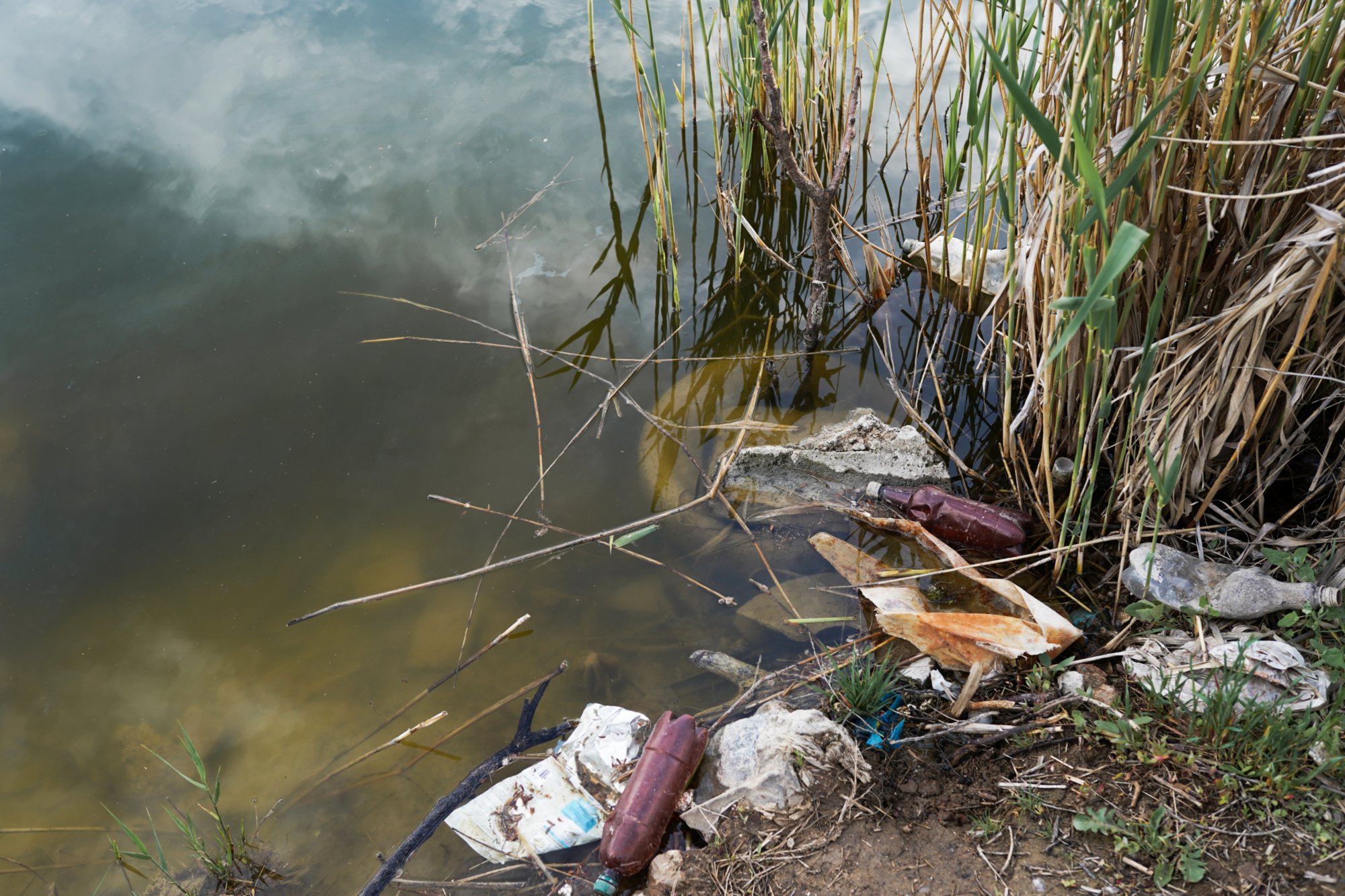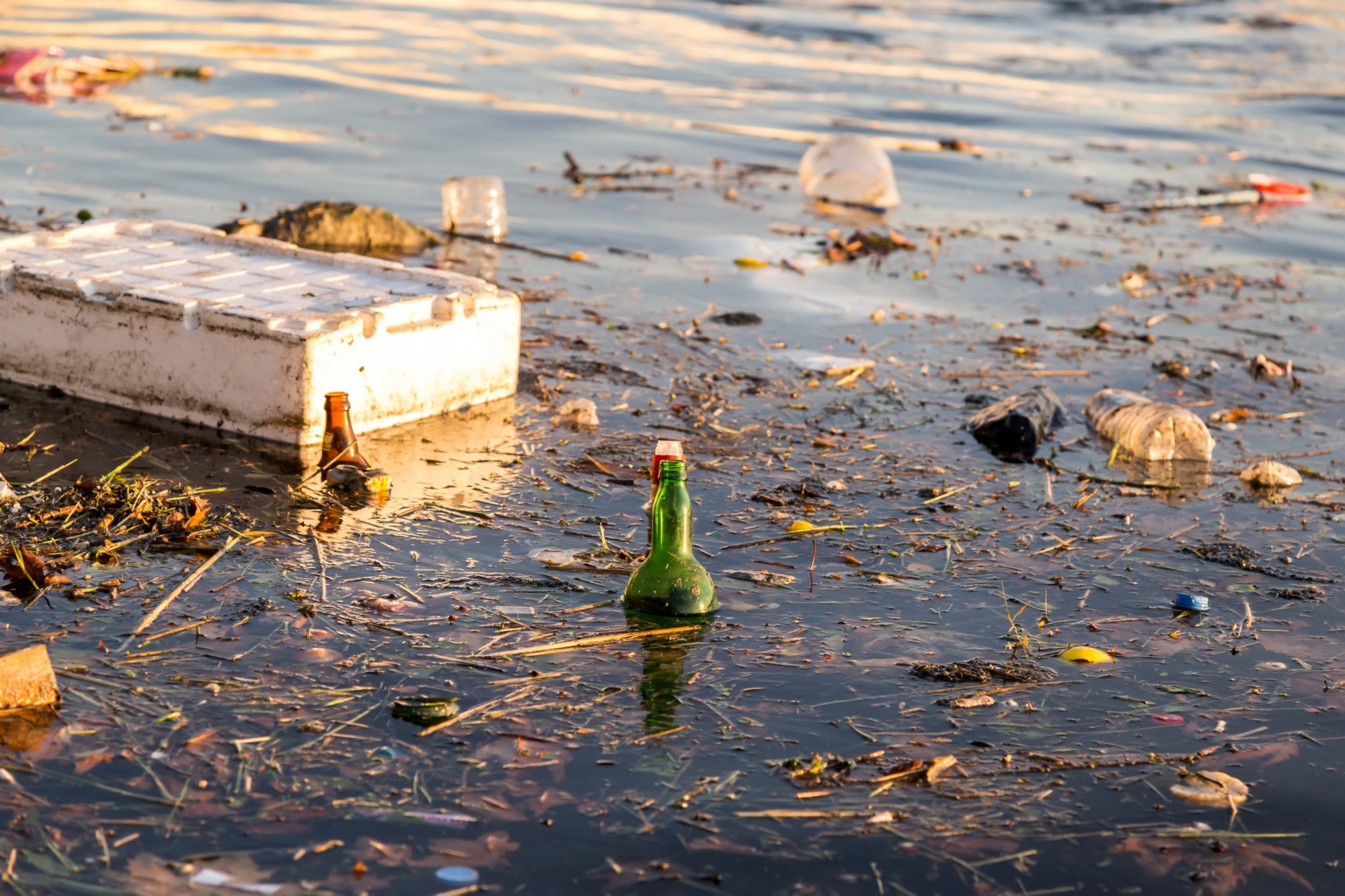Managing Wastewater Pollutants
In our commitment to addressing environmental challenges, it is essential to understand the different pollutants that contribute to water contamination. By gaining insights into the nature of these pollutants, we can develop targeted solutions to mitigate their harmful effects. In this section, we will explore some of the key pollutants and their impact on the environment, highlighting the importance of effective wastewater treatment.

Phosphorus is an essential nutrient for plant growth. However, excessive phosphorus in water bodies can lead to eutrophication, similar to the effects of ammonia. Common sources of phosphorus pollution include agricultural runoff, industrial discharges, and untreated sewage. The presence of excess phosphorus in water bodies triggers excessive algal blooms, depleting oxygen levels and harming aquatic life.
Phosphorus is an essential nutrient for plant growth. However, excessive phosphorus in water bodies can lead to eutrophication, similar…

Cyanide, a highly toxic substance, poses significant risks to human health and the environment, particularly in relation to industrial activities like mining, metal processing, and chemical manufacturing. Accidental spills or improper disposal can lead to cyanide contamination, causing detrimental effects on aquatic life and ecosystems. To address this issue, Probiosphere utilizes innovative strategies, leveraging specialized bacteria and enzymes to enzymatically breakdown cyanide compounds. This tailored approach effectively neutralizes cyanide,…
Cyanide, a highly toxic substance, poses significant risks to human health and the environment, particularly in relation to industrial…

Ammonia, a nitrogen compound commonly found in wastewater, poses a significant threat to water bodies, especially when present in excessive amounts. It is frequently encountered in agricultural and industrial effluents. High levels of ammonia in water can trigger eutrophication, a phenomenon characterized by an overabundance of nutrients that stimulates excessive growth of plants and algae. As a result, oxygen levels in the water decrease, endangering aquatic life and disrupting…
Ammonia, a nitrogen compound commonly found in wastewater, poses a significant threat to water bodies, especially when present in…

Heavy metals pose a significant risk to aquatic ecosystems and human health due to their persistence and toxicity. These metals, including lead, mercury, cadmium, and arsenic, often find their way into water bodies through industrial processes, mining activities, and improper waste disposal. Once present in water, they can accumulate in living organisms, causing long-term damage to the environment and posing health risks. At Probiosphere, we employ specialized treatment strategies…
Heavy metals pose a significant risk to aquatic ecosystems and human health due to their persistence and toxicity. These…
Let’s work together
At Probiosphere, we believe in the power of collaboration to drive meaningful change. Join us in our mission to create a sustainable future by working together. Whether you are a municipality, a business, or an organization facing environmental challenges, we offer tailored biotechnology remediation solutions to address your specific needs. Together, we can design and implement innovative solutions that not only mitigate environmental impacts but also contribute to lower carbon footprints and promote eco-friendly practices